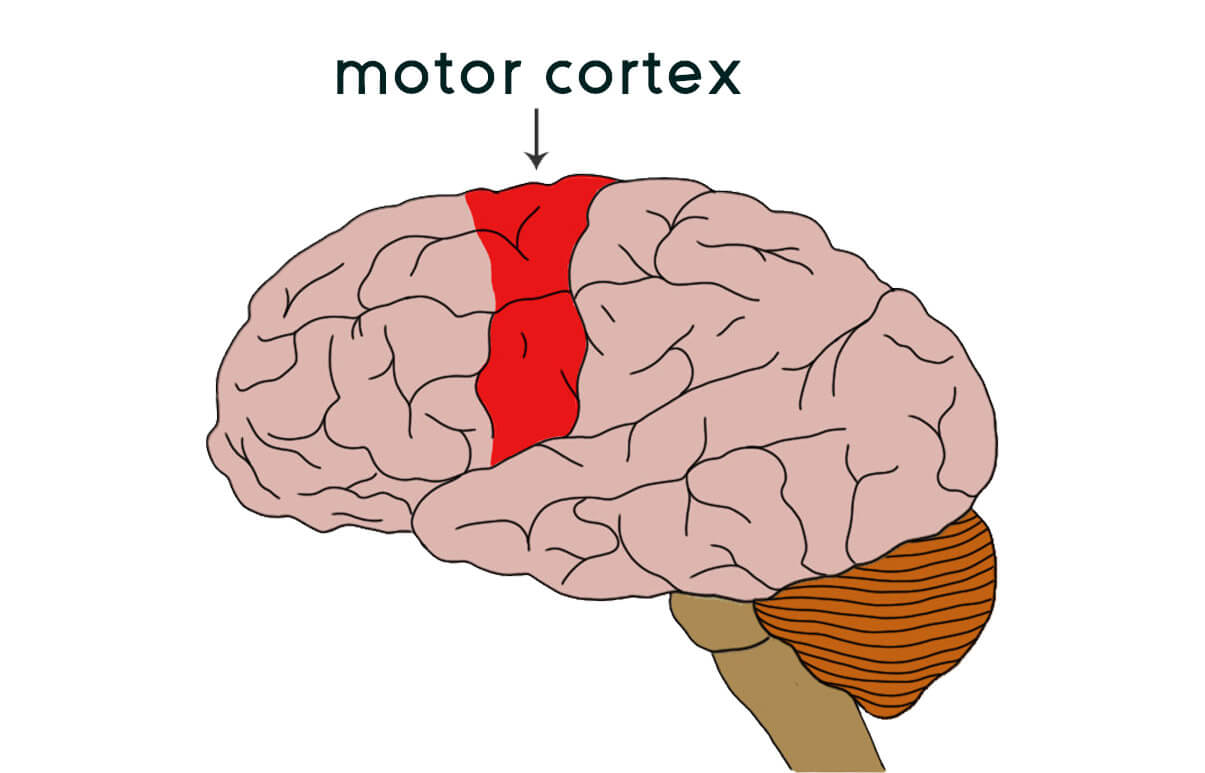

Once it reached a certain size, the neurons in the centre would become cut off from their nutrient supply and start to die off, and the structure would stop developing. Previously, the sophistication of the organoids scientists had been able to achieve had been limited by the lack of a nutrient supply to the centre of the blob. While a fully developed human brain has 80-90bn neurons, the organoid has a couple of million, placing it somewhere between a cockroach and a zebrafish in terms of volume of grey matter. “But we agree generally that we’re still very far away from that.” “It’s still a good idea to have that discussion every time we take it a step further,” said Lancaster. However, the scientists said the structure was still too small and primitive to have anything approaching thoughts, feelings or consciousness. The latest blob shows similarities, in terms of the variety of neurons and their organisation, to the human foetal brain at 12-16 weeks of pregnancy. The scientists used a new method to grow the miniature brain from human stem cells, which allowed the organoid to reach a more sophisticated stage of development than previous experiments. Madeline Lancaster, who led the work at the Medical Research Council’s Laboratory of Molecular Biology in Cambridge, said: “We like to think of them as mini-brains on the move.”
Is the brain a muscle series#
The research is is the latest in a series of increasingly sophisticated approximations of the human brain grown in the laboratory – this time with something approaching a central nervous system attached. The muscles were then seen to visibly contract under the control of the so-called brain organoid. The lentil-sized grey blob of human brain cells were seen to spontaneously send out tendril-like connections to link up with the spinal cord and muscle tissue, which was taken from a mouse.

Scientists have grown a miniature brain in a dish with a spinal cord and muscles attached, an advance that promises to accelerate the study of conditions such as motor neurone disease.


 0 kommentar(er)
0 kommentar(er)
